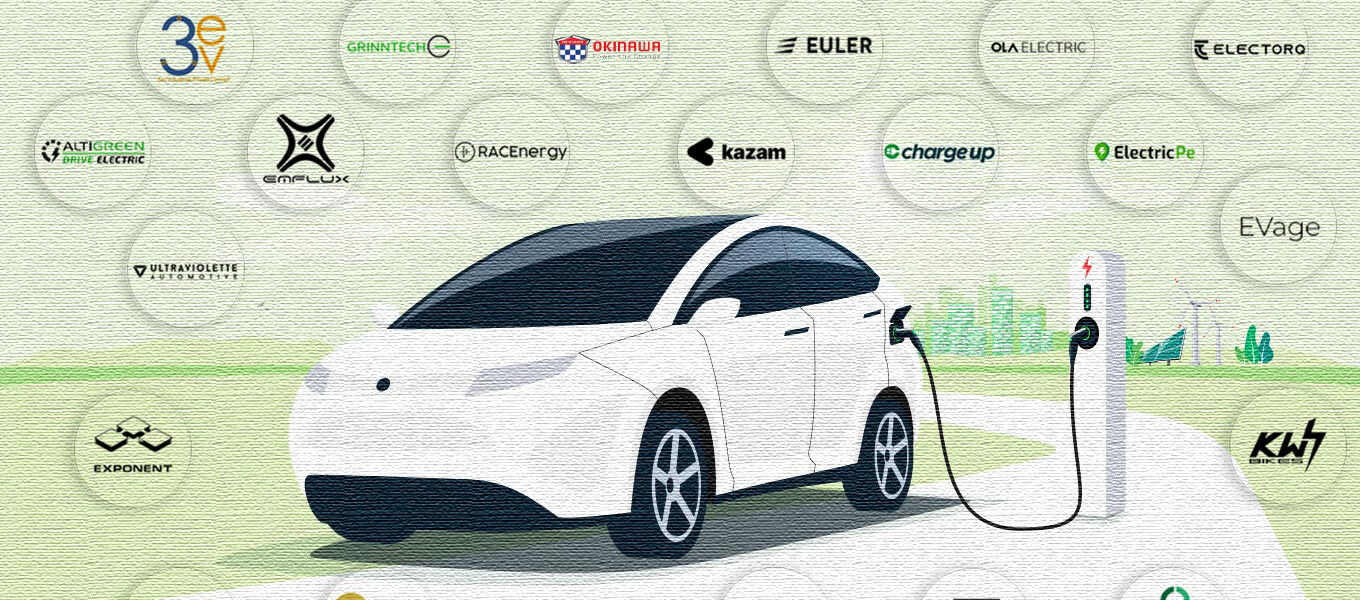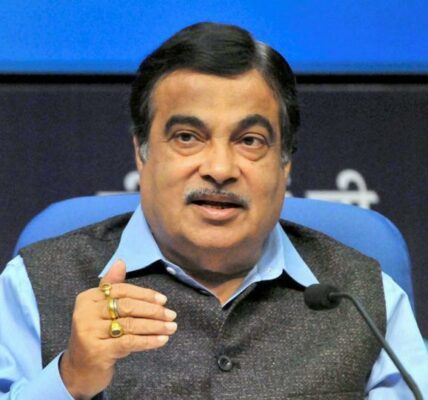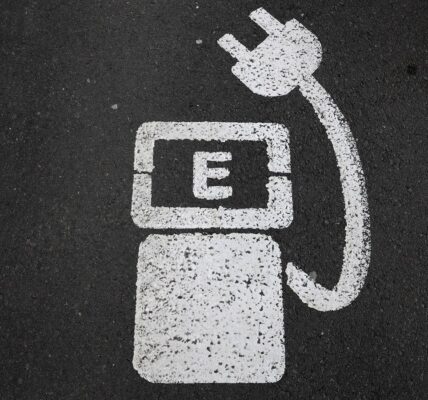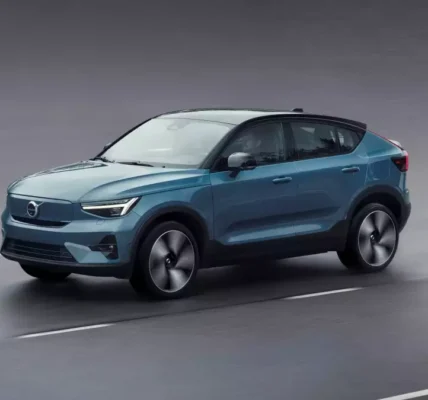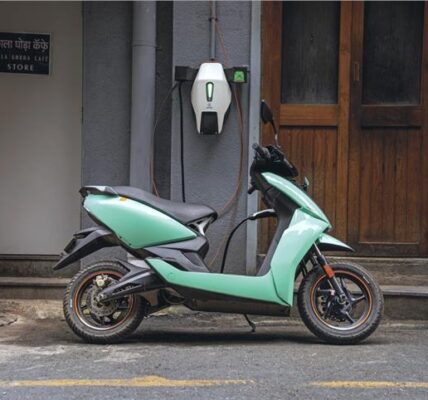The sales of electric vehicle in India may be just a fraction of the overall automotive sales, but its growing rapidly. And in fact, as per findings of a survey done by smallcase Technologies – Windmill Capital, a SEBI registered Research Analyst (RA), 43 electric vehicle startups in India have raised $673 million (Rs 5,494 crore) in 2022 and counting. In 2021, the number was around $6 billion (Rs 48,984 crore)
The startups include players across the electric vehicle value chain right from OEMs to battery solutions, charging infrastructure to ride-hailing companies.
The report states that the government’s support, active participation from the industry and high fuel prices are all positives for the EV industry. The final issue for EV adoption is the Total Cost of Ownership (TCO) barrier.
Furthermore, higher upfront costs of EVs compared to Internal Combustion Engine (ICE) vehicles and are a major barrier to EV adoption in the price-sensitive Indian market. However, one also needs to consider the subsidies related to EV purchase and their lower operating cost. According to research institute WRI – India, in the two-wheeler (2W) and three-wheeler (3W) segments, EVs are more economical than their ICE counterparts. Electric four-wheelers are commercially viable when used for commercial purposes.
The electric mobility smallcase created and managed by Windmill Capital comprises companies working in the EV ecosystem. The smallcase includes battery makers, OEMs, auto ancillary, software suppliers, and oil & gas and power generation entities involved in setting up EV charging stations.
The company says when the electric mobility smallcase was conceived, created and launched in 2017, there was a lot of uncertainty around the theme, both from industry leaders and the investor community. This is now largely cleared up and there has been a rapid increase in the sale of EVs laying to rest apprehensions around lack of demand.
Sales of electric two- and three-wheelers have been picking up with successful entries in the four-wheeler space as well.
From sales of just 56,000 electric two- and four-wheelers in FY2018, India saw sales of around 3 lakh electric two- and four-wheelers in the first half of FY2023. With government targeting to have EV sales accounting for 30% of private cars, 70% of commercial vehicles, and 80% of two- and three-wheelers, and industry participants firming up their EV launch plans, momentum has just started building up in the sector.



